Yesterday, Jason and I were presenting at a parenting conference for one of the local charter schools, and we landed on a hot topic–screen time and limit setting.
The parents asked:
How do you set limits around computer use?
How do you let a child use the computer for homework when they then get distracted and find that their attention has wandered off to a different site?
What do you do when you discover that your child has used the computer for longer than what you agreed to, or for a purpose that you didn’t agree on?
How do you have conversations about screen time?
These are all really important topics and we could write a post on each of them. (I just might do that….)
But first I’d like to share a story about how a screen time issue played out in our own house.
Our girls love to read and they read a lot on their Kindles.
We don’t limit their reading unless it’s close to bedtime.
So, each night around 8pm we put anything with a screen, even a Kindle, into a basket and they stay there until the morning.
Two nights ago, our youngest (age 10) snuck out of bed, and got her Kindle.
When we caught her, she was immediately sad, defensive, disappointed with herself, and regretful.
She said she really wanted to read to quiet her brain, so she could sleep (if she hadn’t tried to sneak it, this may have been a reasonable request).
The problem was that it was already 30 minutes past her bedtime, and she has trouble sleeping (falling asleep, staying asleep, nightmares, etc).
Plus, in the past, she has stayed up super late reading (it’s hard to stop, I understand) and she’s got some impulse control issues (which make it even harder to stop reading).
And of course, when she stays up late she doesn’t get enough sleep and she makes life tough for herself and the people around her.
We came up with a pretty sweet solution.
I never would have anticipated how this turned out.
It all worked out because while we talked I discovered that there was something she wanted even more than reading her Kindle at night.
What she started sharing with us was that we don’t treat her the same way we treat her sister. (This is true.) Our youngest daughter has a history of sneaking screen time.
Instead of getting defensive, I heard the request that she had for me. Underneath her words she was saying, “Mom, please can you trust me?” She was beating herself up inside because she had not acted in a trustworthy way and she’d gotten caught.
More than reading her Kindle, more than calming her brain, more than finding out what was going to happen next in her book, she wanted our trust.
She knew she didn’t have our trust and she knew she was going to have to earn it.
More than us going to sleep (which I wanted A LOT) ultimately I want her to start building up the “muscle” to stop reading at appropriate times, to have the foresight to see that staying up super late isn’t going to help her be successful the following day.
I don’t want to be the “reading/sleep police officer”. And I know that she’s eventually going to live out of our house. I know that if she’s going to develop her skills to stop reading and fall asleep, she’s got to start practicing it at some point.
So I took a chance.
I said something like this…
“It makes sense to me that you want to read to calm your brain to get ready to sleep. So I’m going to do something risky. I’m going to let you take your Kindle into your bed tonight.
I’m going to bed now too so you’re going to have to make the choice of when to stop reading. You know it might be hard to stop.
You know it’s already 30 minutes past your bedtime.You know that you’ve broken our trust in the past and that you want to rebuild it.
You know that when you are tired you don’t have as much fun the next day.
You know when you’re tired it’s harder to learn, and you get grumpy with other people.
So make your choice about when to stop reading in the context of all of these things that you already know. I love you. Good night.”
I gave her a big hug and she went to bed. I quickly fell asleep.
In the morning she was the first to get out of bed. She told me that last night she read for a short time then she went to sleep.
I don’t expect that this is the end of the story. I still expect that she will struggle with reading and bedtime in the future.
But I believe that this is a good start for her.
She’s building her impulse control skills by putting her Kindle down at an appropriate time.
And she’s rebuilding the trust that she really wants us to have for her.
Now, I’m curious about you….
In your family, what are your screen-time struggles?
Leave them in the comments.
I’ll be happy to respond.

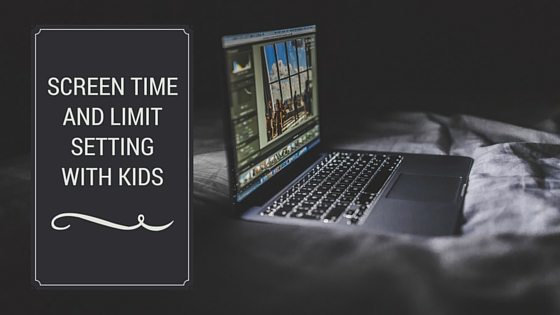


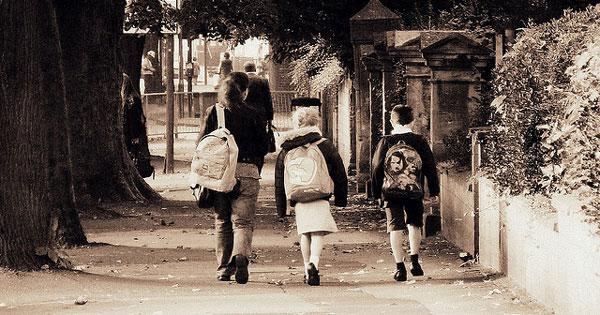
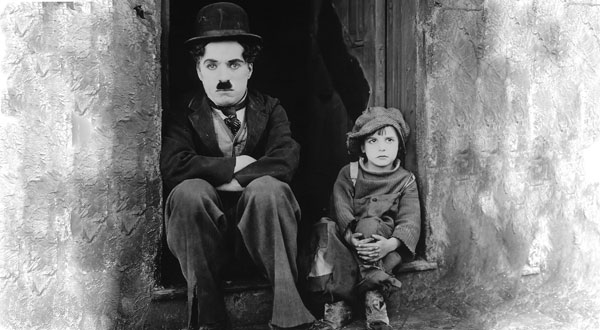
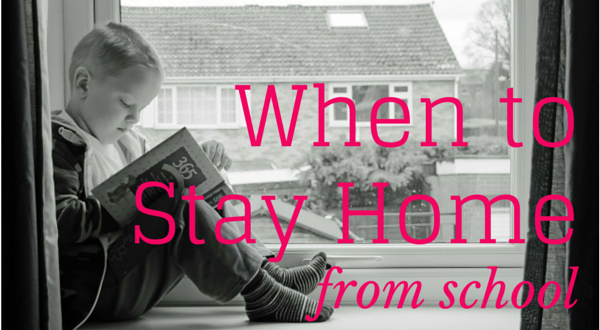
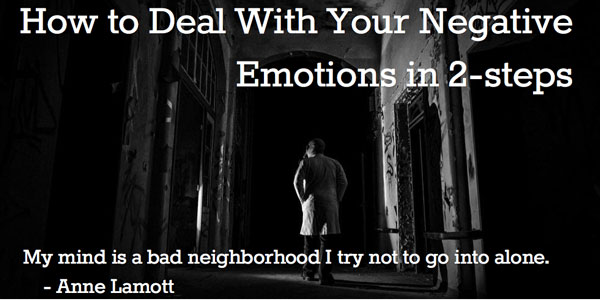
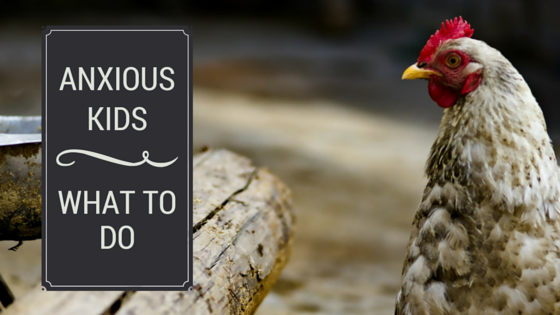

So thankful for your insight on this…we have the exact same problem with our 12-year old son! One additional thing…he seems to have convinced himself that it will help him fall asleep if he plays Minecraft on his laptop. He doesn’t accept that screen light can keep his brain even more awake. He claims it makes him tired. I’m convinced that even if he’s tired after playing minecraft, he probably doesn’t get a restful sleep. Any arguments/ I can use with him? ☺
Julie, Here are some ideas that may or may not be useful. Here’s a cheeky argument: “If playing a video game usually makes him tired then he should probably limit video games only to bed time, so that he doesn’t get too tired during other parts of his day and miss out on fun stuff. If playing video games only makes him tired at night time then it’s probably not the video game, but the the fact that it’s 9pm that is making him tired.” :)
Also, you can have conversation about all the different ways that he likes to get ready to fall asleep, e.g. listening to music, reading a book, doing a guided meditation, even video games and TV. Try each of these out for a week and have him keep a record: when he goes to bed, when he wakes up, how he feels in the morning, his activities during the day, his grades, etc. He can be a sleep scientist. Have him begin to see the results of his bedtime habits and maybe he will also draw the conclusion that other things, besides video games, help him to fall asleep better.
The key here is that if he’s going to succeed there has to be the possibility for him to fail. Part of parenting is choosing which situations we expose our kids to; choosing when, where and how we want them to develop some skills, and being open to either their success or their failure.